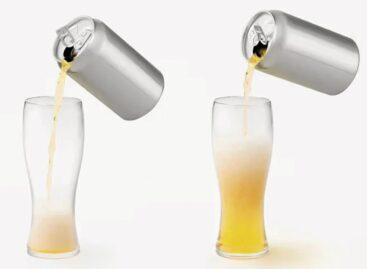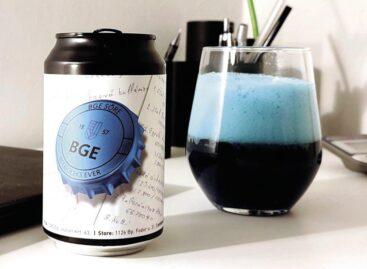Oiled trade?
The market of cooking oils, flavoured oils, vinegar and balsam vinegar is an area where demand is growing, especially among special types unknown before. However, distribution channels are not always well oiled. Cooking oils had only played a peripheral role in central-European cuisine before the last decades of the 20th century. Cooking oil made from rape and sunflower has appeared first, followed by olive oil in the 1990’s. However, the use of olive oil still hasn’t become universal. .According to a 2007 survey, sunflower oil accounts for 97 per cent of the market in terms of quantity, with olive oil holding a market share of only 2 per cent. In spite of marginal demand, several enterprises specialise in unconventional oils. – We produce pumpkin and pumpkin oil – says József Berki, managing director of Bicsérdi Bio Kft. – demand is growing continuously, but we have to work hard on promoting our product. According to Zoltán Orosz, key account manager of Hering-Trade Kft. Their grape seed oil imported from Italy is increasingly popular, owing to its high unsaturated fatty acid content and the absence of cholesterol. Ferenc Takács, from Biogold Natur Kft agrees that demand is rising. – Consumers are increasingly aware of the positive effects special oils – he explains. Like food prices, cooking oil prices have also rocketed in recent years. While food prices only rose by 13 per cent on average last year, the price of cooking oils is up by 70 per cent and this trend is not expected to change soon. In Hungary, the price of cooking oil has gone up by over 50 per cent within a year. Apart from increasing demand in developing markets and global warming, the increasing production of bio-fuel is also driving prices up. The operators of catering businesses respond by travelling more frequently abroad – even as far as Germany – to buy at lower prices. – Representatives of top gastronomy do not use flavoured oils sold by retailers, but prepare these for themselves – says Viktor Segal, restaurant owner. Many restaurants have abandoned the use of commercially available, expensive oils and balsam vinegar, though only minute quantities are required for a dish. He believes that only two types of olive oils should be used. The situation is similar with balsam vinegar. Special oils like sesame can also be purchased for special dishes. Domestic catering businesses rely almost exclusively on wholesalers for their cooking oil and balsam vinegar purchases. Alternative distribution channels, like direct supply by manufacturers don’t seem to be working yet. –Though we had no direct contact with end users before, we took the first steps in 2008 to sell directly to HoReCa customers– says Zoltán Orosz. József Berki is more pessimistic about direct sales: – we have not had any success in contacting restaurants directly. Buszesz, the market leader in vinegar and balsam vinegar has no direct contact with catering businesses. Their policy is to supply wholesalers only. – We are present in all the leading wholesale chains – says László Zentai, general director of Buszesz Zrt. One of their objectives is to reduce production of vinegar produced using petrochemical processes and promote the consumption of products made using fermentation. –Our top products are the wine vinegar developed jointly with Pannonhalmi Apátság and our balsam vinegar, which have become very trendy – adds László Zentai.
The use of oils is almost as old as humanity. Practically all cultures use oils for cooking. Inventions by scientists like Leonardo de Vinci have revolutionised the production of oils and the industry of oil-pressing. As a result of the industrial revolution, steam powered and hydraulic oil presses have appeared. In spite of this advance, it has taken a long time for oils to achieve the popularity they are enjoying at the moment in the majority of culinary cultures.
Related news
Related news
(HU) Hóna alatt konyhapultjával… – A nap videója
Sorry, this entry is only available in HU.
Read more >




